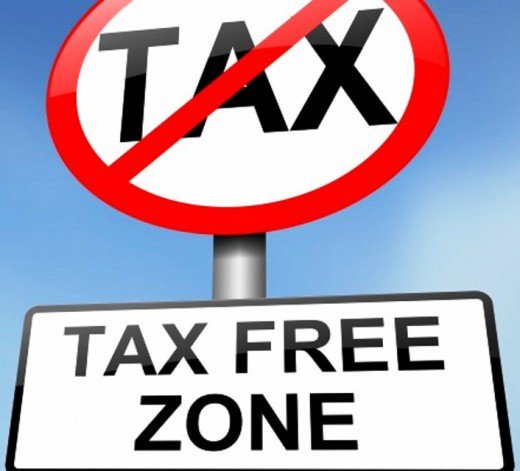The Hidden Costs of Tax Avoidance
What Governments Might Do In Fighting Tax Avoidance
Tax avoidance has been practiced by businesses for many years now. But never before has it been on such a large scale. For this menace to be eradicated, an international collaboration of governments and all stake-holders is inevitable. As companies do more to reduce their tax burden, available loopholes have made it possible for them to pay almost nothing in corporate tax, leaving governments to look for other ways of raising revenue.
What Is Tax Avoidance?
Using illegal means to reduce or erase the payable tax by any individual or company is called tax evasion. In tax avoidance, the party in question uses loopholes in tax laws in order to reduce taxes applicable to them. This may include reducing the principal figures of taxable revenue or payments. For example, a company may declare a smaller amount of dividends in order to reduce the amount of withholding tax owed by them.
All tactics that are used by businesses in avoiding taxes are aimed at increasing their final profits. This in turn leads to better rewards for share holders and reduced prices for their products or services. They therefore compete better in their industry.
Tax Avoidance Strategies
Although there are numerous ways of avoiding taxes, multinational companies have caught governments off guard as they formulate better and more affective tax avoidance measures. In recent times, international companies have virtually defrauded governments by channeling their profits to off-shore countries with low or no corporation taxes. Such countries are called tax havens.
At least 100 multinational companies have benefited this way by creating ‘Letter-Box-Companies’ in countries with zero corporation tax. They avoid taxes to the tune of billions of dollars per year by booking their profits here. The tax havens do not benefit as much as may be anticipated because the letter-box-companies have very few employees. They might just get a few million dollars in income tax and other miscellaneous taxes.
Why Do Companies Avoid Paying Taxes?
Taxes are literally paid by customers. All tax that is owed by a business is absorbed into the prices of its products. Not paying taxes means lower prices. Therefore, big companies gain a competitive advantage over their smaller counterparts, who can hardly use these high profile strategies. Some of the money saved is channeled towards paying better dividends.
International companies engaging in these mega tax avoidance strategies claim that they don’t choose to do it. They are simply following applicable law, and they are not to blame because they do not participate in law-making. The waiver of corporation tax in the so-called tax havens is a deal that is too good to be ignored by any person who wants to be in business for long.
Disadvantages of Tax Avoidance
It is clear to everyone that governments need revenue in order to offer services. With companies shifting their profits to lower tax countries, governments will either increase other taxes so as to meet their budgets, or fail in offering some vital services.
While tax avoidance may seem good for business, companies involved may in the long run the risk of hurting their reputation. This may happen from the viewpoint of its customers as well as employees. All these people require the services that these taxes are funding.Some skeptics argue that not breaking the law is not a good enough reason for companies to dodge paying taxes. It is a moral obligation for anyone who is in business to pay taxes in the country where the money is earned. They are not doing anything illegal but the point is, according to the critics, they don’t pay taxes.
What Can Be Done To Eliminate Tax Avoidance?
Hoping for these companies to change is out of the question. In the past, governments have signed tax treaties to shield international companies from double taxation. If this were possible, it means that it is also practical to formulate international tax laws that will ensure compliance and also be fair to all parties.
Changing the law may be difficult. But tax harmonization has been seen to work among the states of the US. The EU member states have also a similar approach. Some countries, like the tax havens, may not agree to it. But tax avoidance is a global issue. If the affected governments show enough interest in re-defining tax laws, others will comply as long as the said changes will be just to all parties. May be the answer to tax avoidance would be an international truce involving all governments.
Congratulations @bilaldoon! You received a personal award!
Click here to view your Board
Congratulations @bilaldoon! You received a personal award!
You can view your badges on your Steem Board and compare to others on the Steem Ranking
Vote for @Steemitboard as a witness to get one more award and increased upvotes!